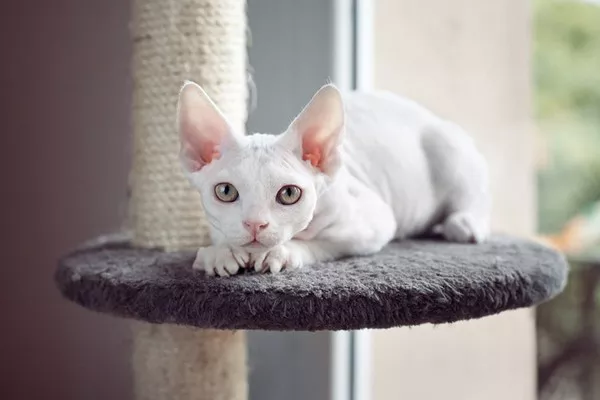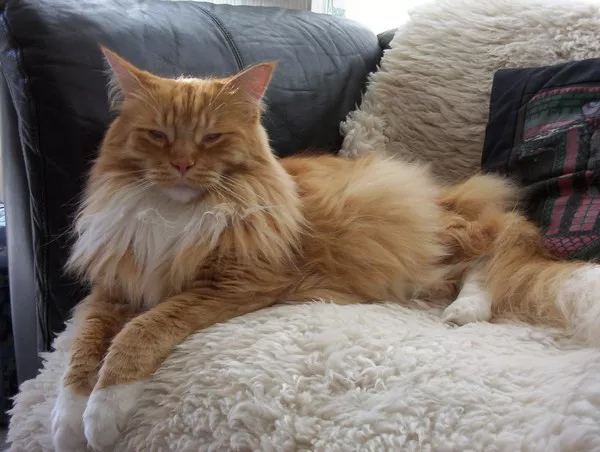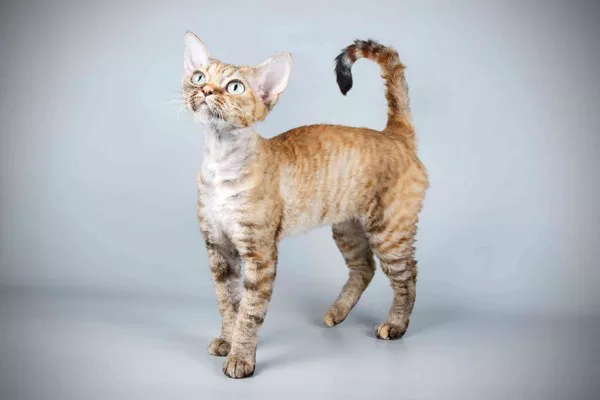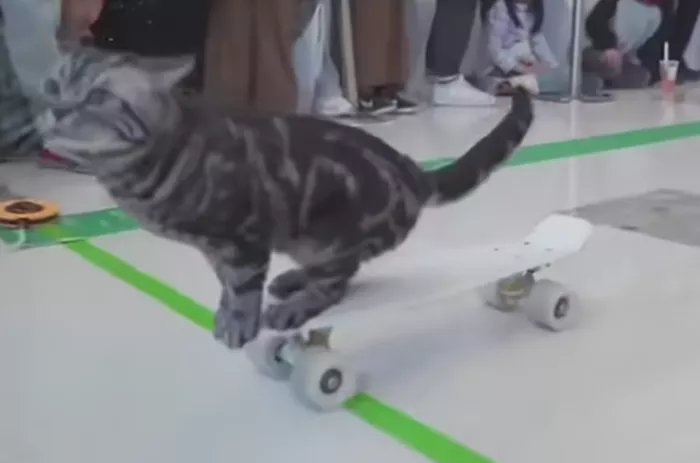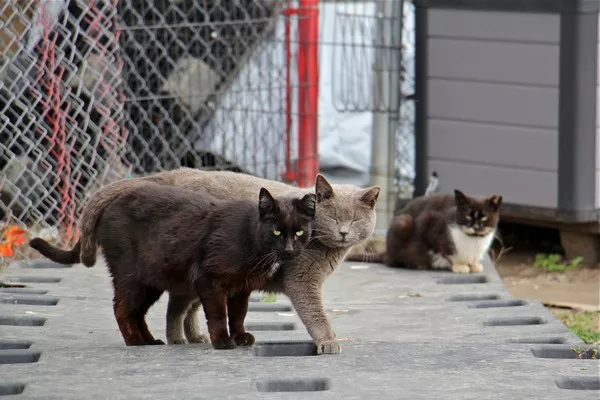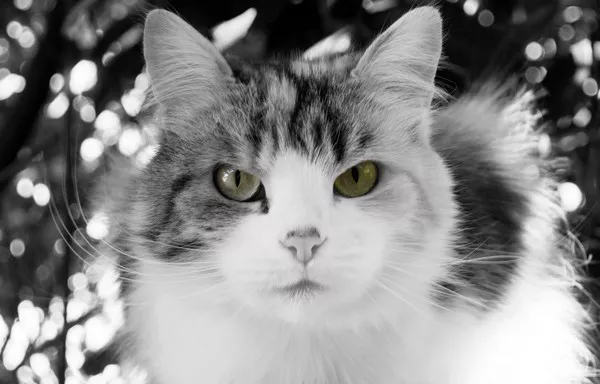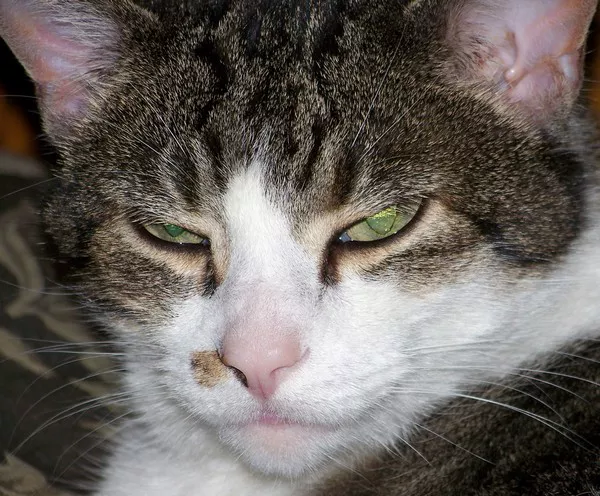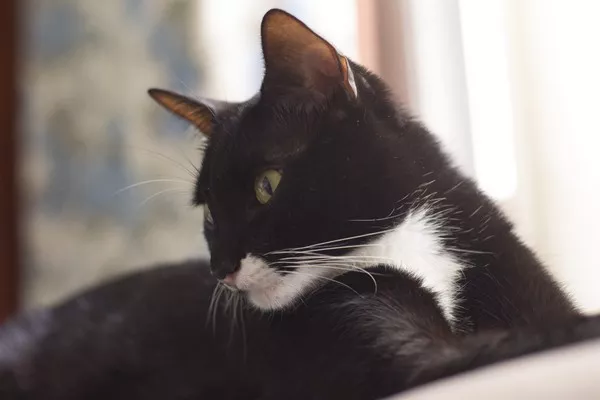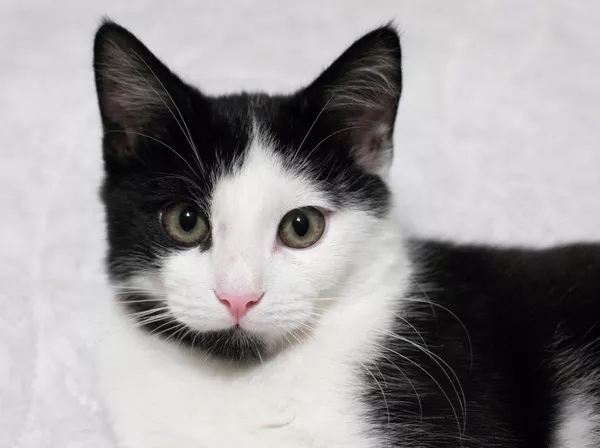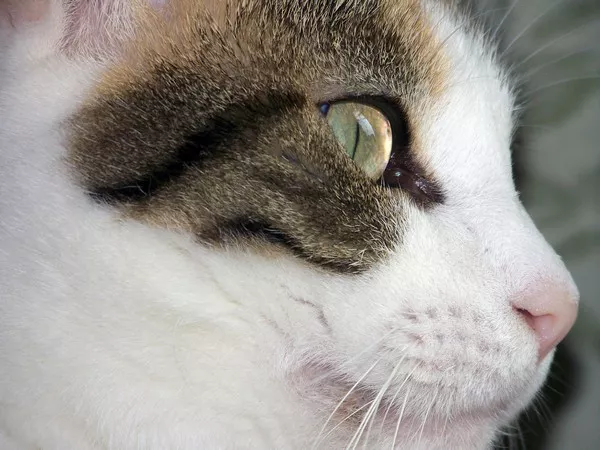The Devon Rex is a unique and captivating breed, known for its curly coat, large ears, and striking appearance. However, their appeal extends beyond their looks; these cats are beloved for their engaging personalities and affectionate nature. This article explores what Devon Rex cats are like as pets, covering their history, characteristics, care requirements, health, and suitability as family companions.
History and Origins
Early Discovery
The Devon Rex breed traces its origins back to Devon, England, in the late 1950s. A stray cat with a curly coat was found in a colony of feral cats, and her offspring exhibited the same distinctive fur. This cat, named Kirlee, became the foundation of the Devon Rex breed. Unlike the Cornish Rex, another curly-coated breed, the Devon Rex’s coat results from a different genetic mutation.
Breed Development
Breeders began to selectively breed Kirlee’s descendants, focusing on maintaining the curly coat and unique physical traits. The breed was recognized by various cat registries over time, gaining popularity for its distinctive look and endearing personality. Today, the Devon Rex is cherished worldwide as a unique and affectionate companion.
Physical Characteristics
Distinctive Appearance
The Devon Rex is immediately recognizable due to its unusual appearance. Key physical characteristics include:
Curly Coat: The coat can vary from soft waves to tight curls, giving the Devon Rex a distinctive look. This coat is low-shedding but requires specific grooming.
Large Ears: Set low on the head, the large ears contribute to the breed’s elfin appearance.
Wide-set Eyes: The eyes are large and expressive, adding to their engaging and whimsical look.
Slender Build: Despite their muscular build, Devon Rex cats are light and agile.
Color and Patterns
Devon Rex cats come in a variety of colors and patterns, including solid, tabby, bicolor, and more. Their unique coat texture can make these colors appear different compared to other breeds.
Personality and Temperament
Affectionate and Social
One of the most appealing aspects of the Devon Rex is its affectionate nature. These cats thrive on human interaction and are known for forming strong bonds with their owners. They often seek out physical contact, enjoying cuddles and snuggling.
Playful and Energetic
Devon Rex cats are playful and active. They love to climb, jump, and explore their environment. Providing them with toys, climbing structures, and interactive playtime is essential to keep them mentally and physically stimulated.
See Also: Does a Chartreux Cat Shed a Lot?
Intelligent and Curious
Their high intelligence makes Devon Rex cats curious and eager to explore. They enjoy puzzles, interactive toys, and learning new tricks. This intelligence also means they can be mischievous, so a stimulating environment is crucial.
Good with Families and Other Pets
Devon Rex cats generally get along well with children and other pets. Their playful and tolerant nature makes them good companions for families. However, as with any pet, early socialization and proper introductions are important to ensure harmonious relationships.
Care Requirements
Grooming
Despite their curly coats, Devon Rex cats are relatively low-maintenance when it comes to grooming. Their short hair doesn’t shed much, but regular brushing helps to remove loose hairs and reduce the risk of hairballs. Bathing is occasionally needed as their skin can become oily.
Diet and Nutrition
A balanced diet is crucial for the health and well-being of Devon Rex cats. High-quality commercial cat food, either dry or wet, provides the necessary nutrients. Some owners opt for a raw or homemade diet, but it’s important to consult with a veterinarian to ensure all nutritional needs are met.
Exercise and Enrichment
Given their active nature, Devon Rex cats require plenty of exercise and mental stimulation. Provide a variety of toys, climbing trees, and interactive play sessions to keep them engaged. Puzzle feeders and treat-dispensing toys can also provide mental stimulation.
Health Care
Regular veterinary check-ups are essential to monitor the health of your Devon Rex. Vaccinations, parasite control, and dental care should be part of their routine healthcare. Due to their unique coat, they might be prone to certain skin conditions, so regular monitoring is important.
Health and Lifespan
Common Health Issues
While generally healthy, Devon Rex cats can be prone to specific health issues, including:
Hypertrophic Cardiomyopathy (HCM): A genetic heart condition common in many cat breeds. Regular cardiac screenings can help detect this condition early.
Patellar Luxation: A condition where the kneecap dislocates, which can cause discomfort and mobility issues.
Skin Conditions: Their unique coat can make them susceptible to seborrhea, a condition causing flaky, itchy skin.
Lifespan
With proper care, Devon Rex cats can live long, healthy lives, typically ranging from 12 to 15 years or more. Regular veterinary care and a healthy lifestyle contribute to their longevity.
Suitability as Pets
For Families
Devon Rex cats are excellent family pets due to their playful, affectionate nature. They get along well with children and can adapt to various household environments. Their need for social interaction makes them well-suited to active households.
For Singles and Seniors
These cats also make great companions for singles and seniors. Their affectionate nature means they enjoy one-on-one time and can provide great companionship. Their relatively low-maintenance grooming needs are a bonus for those who might not have the time or ability for more intensive grooming.
For Multi-Pet Households
Devon Rex cats usually get along well with other pets, including dogs and other cats. Proper introductions and gradual acclimation are key to ensuring harmonious relationships. Their playful nature often helps them bond with other animals.
Training and Socialization
Early Socialization
Early socialization is important for Devon Rex kittens to develop into well-rounded adults. Expose them to various people, pets, and environments to build their confidence and reduce fearfulness.
Training Tips
Devon Rex cats are intelligent and can be trained to perform tricks, use a litter box, and follow commands. Positive reinforcement, such as treats and praise, is the most effective training method. Consistency and patience are key to successful training.
Living Environment
Indoor vs. Outdoor
Due to their curiosity and agility, Devon Rex cats can adapt to both indoor and outdoor environments. However, they should primarily be kept indoors for safety. If allowed outside, supervision or a secure outdoor enclosure is recommended to protect them from dangers.
Space and Enrichment
Even in a small living space, Devon Rex cats can thrive with the right enrichment. Provide plenty of vertical space, such as cat trees and shelves, for climbing and exploring. Interactive toys and regular playtime will keep them engaged and happy.
Conclusion
Devon Rex cats make wonderful pets for a variety of households. Their affectionate, playful, and intelligent nature, combined with their unique appearance, makes them a joy to have as companions. With proper care, socialization, and enrichment, a Devon Rex can be a delightful addition to any family, providing years of love and entertainment. Whether you’re a family with children, a single person, or a senior looking for a companion, the Devon Rex offers a special blend of charm and companionship that’s hard to resist.

